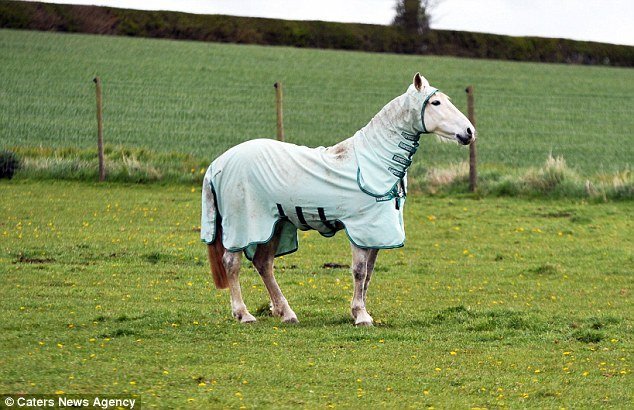Horse Supplements
Natural is Not Always Better: Clipping, Blanketing, Shoeing & Supplements
“A long habit of not thinking a thing wrong, gives it a superficial appearance of being right.” – Thomas Paine – Introductory to Common Sense 1776
When it comes to horses, the natural way is not always the best way. Many of us want to do the best thing for our horses but in doing so we may be thwarting what is natural. Sometimes we are so intent on being natural, and as a result we don’t make the best decisions for our horses.
Should you clip your horse?
It’s not natural, but it may be best. Horses that live in warm winters benefit from clipping to make their days comfortable. A horse that is exercised regularly benefits from clipping; otherwise the sweat becomes trapped under the winter coat. Cooling out a long process, and skin issues can arise.
Should you blanket your horse?
Of course the clipped horse needs a blanket, and some unclipped horses will appreciate a blanket as well. Horses that are older, thin-skinned, hard-keeper, or barely have a winter coat will need some help! It may not be natural to blanket them, but it’s best so they can conserve energy and stay comfortable. Learn more about How to Keep Horses Warm in Winter.
Should you give your horse supplements and fortified feeds?
Supplements and fortified feeds are not as natural as an all pasture diet. Once you start to exercise a horse, or feed them hay, or take them to shows, or live in an area where there is no land for pastures, their nutritional needs change. They will not be able to gather all necessary calories and nutrients. Adding top quality equine feeds and supplements can replace the missing links from their diets and provide the best diet possible for them.
Should your horse live inside or outside?
Naturally, your horse would spend all of their time roaming the countryside. Some of us can mimic that situation with pastures and paddocks, either part of the time or all of the time. During your horse’s life, they will also need to be stalled for a number of reason: shows, travel, illness, injury, or lack of land. All of these reasons may require your horse to adapt to stall life. Horses should be able to live in either situation, which is just good horse training and management.
Should your horse be barefoot?
Sure, it’s natural, but in many cases, it’s not the best! Horses with poor feet or conformation challenges, medical issues, injuries, laminitis, less than ideal footing and paddocks, and horses whose jobs require it all benefit from some sort of hoof protection. It doesn’t have to be shoes; it could also be a boot or protective covering. Taking into account all of the factors involved, barefoot does not always mean it’s best! Learn more about the science behind hoof care.
Part of horse ownership and care is finding the best balance between your horse being traditionally natural and what’s best for the circumstances. Consider your horse’s environment, medical history, and temperament when you make choices to keep him happy and comfortable. Your horse’s team of experts, from you to the Farrier and Veterinarian, can come up with a great plan to keep natural and best meaning the same thing for your horse.

